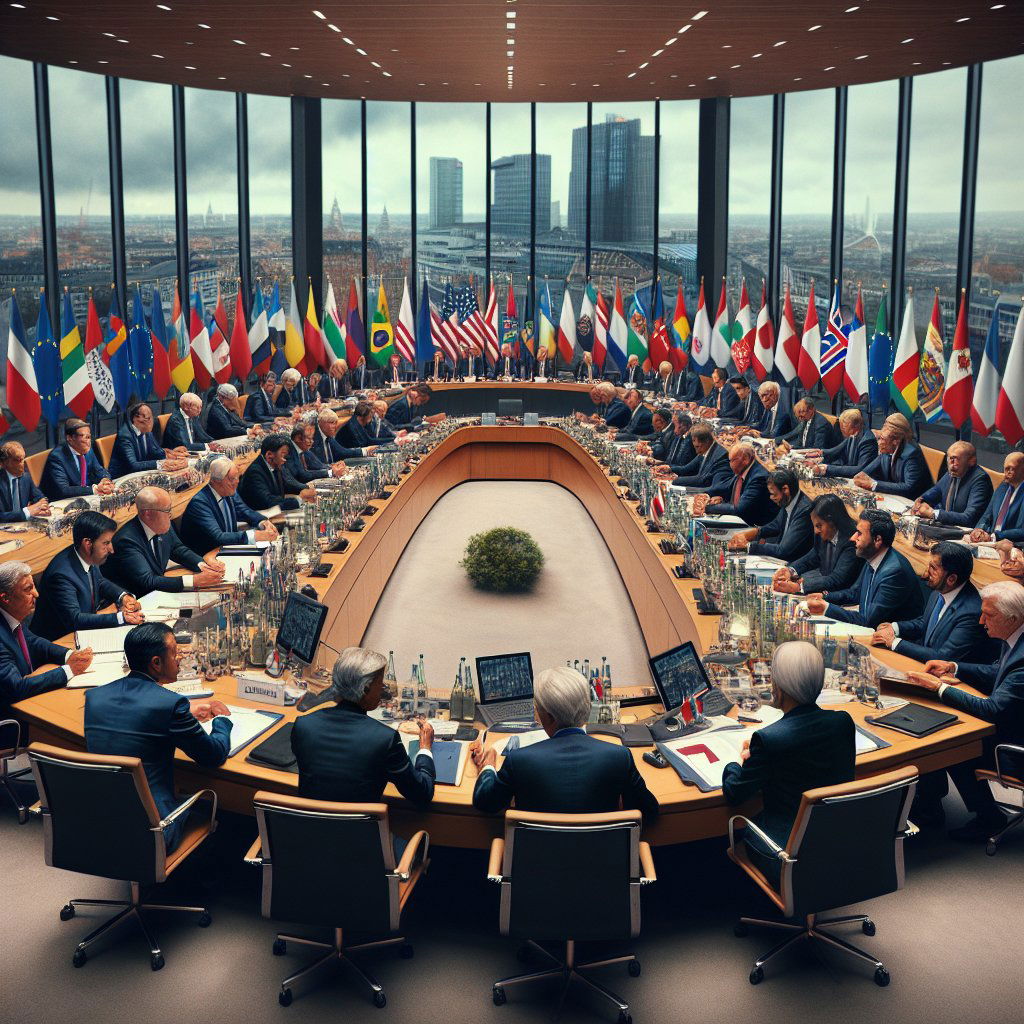Image: AI generated for illustration purposes
NATO Summit in Brussels: Allies Address Ukraine Support and Regional Stability Amidst Multiple Challenges
The NATO foreign ministers' summit held in Brussels has become an epicenter of critical security discussions, addressing the protracted Russia-Ukraine war, regional instability, and the tension between Kosovo and Serbia. Jens Stoltenberg, NATO Secretary General, implored allies to persist in their support for Ukraine, despite stumbling blocks experienced in funding from the US and EU, exacerbated by the war's continued toll and political hurdles within member states.
As the conflict enters its 22nd month, there's a palpable sense of weariness among members. Despite this, the consensus remains strong – NATO must stand united against Russian aggression. In Brussels, ministers express their commitment to this shared defensive stance, envisioning a future where war-weary Ukraine could see its aspirations of NATO membership realized.
The summit unfolds amid delays in financial aid pledges, casting a harsh light on the allies' varying degrees of commitment. Kuleba, Ukraine’s Foreign Minister, confronts war fatigue head-on, seeking to secure continued support. His presence in Brussels underlines the urgency of the moment, with his country facing immense humanitarian and military challenges due to Russia's relentless offensive.
This strains NATO's cohesiveness, navigating between the urgency of Ukrainian defense and internal disagreements, particularly the $61 billion US aid package caught in congressional limbo and the EU's own $50 billion support package facing Hungarian opposition.
Aside from financial support, the summit steers into the delicate terrain of NATO expansion, a thorny issue at the heart of Russian grievances. These discussions occur against the backdrop of staggering human costs, with casualties on both sides exceeding half a million and civilian lives lost in the thousands.
The Brussels gathering also shines a light on Russian activities perceived as destabilizing across Europe, including the migrant crisis on the Finnish border. Ministers must juggle the imminent threat in Ukraine with long-standing security challenges, such as the fragile peace between Kosovo and Serbia, warranting the increased deployment of NATO troops in the Balkans.
Beyond Europe’s immediate vicinity, the specter of conflict between Israel and Hamas looms, with NATO members pondering the viability of long-term peace and recovery for Gaza.
The question of expanding the alliance reverberates through the corridors in Brussels, as Sweden's bid for membership hangs in suspense. Stoltenberg provides assurances, yet the decision lies with Turkey and Hungary, who have their reservations, notably concerning Kurdish groups in Sweden viewed by Turkey with animosity.
As NATO ministers convene, the myriad challenges underscore the alliance's role in navigating an increasingly complex global security landscape. From supporting Ukraine's resistance and reform, managing regional instabilities, to embracing new members, the summit could set the trajectory for NATO's response to contemporary security dilemmas.










